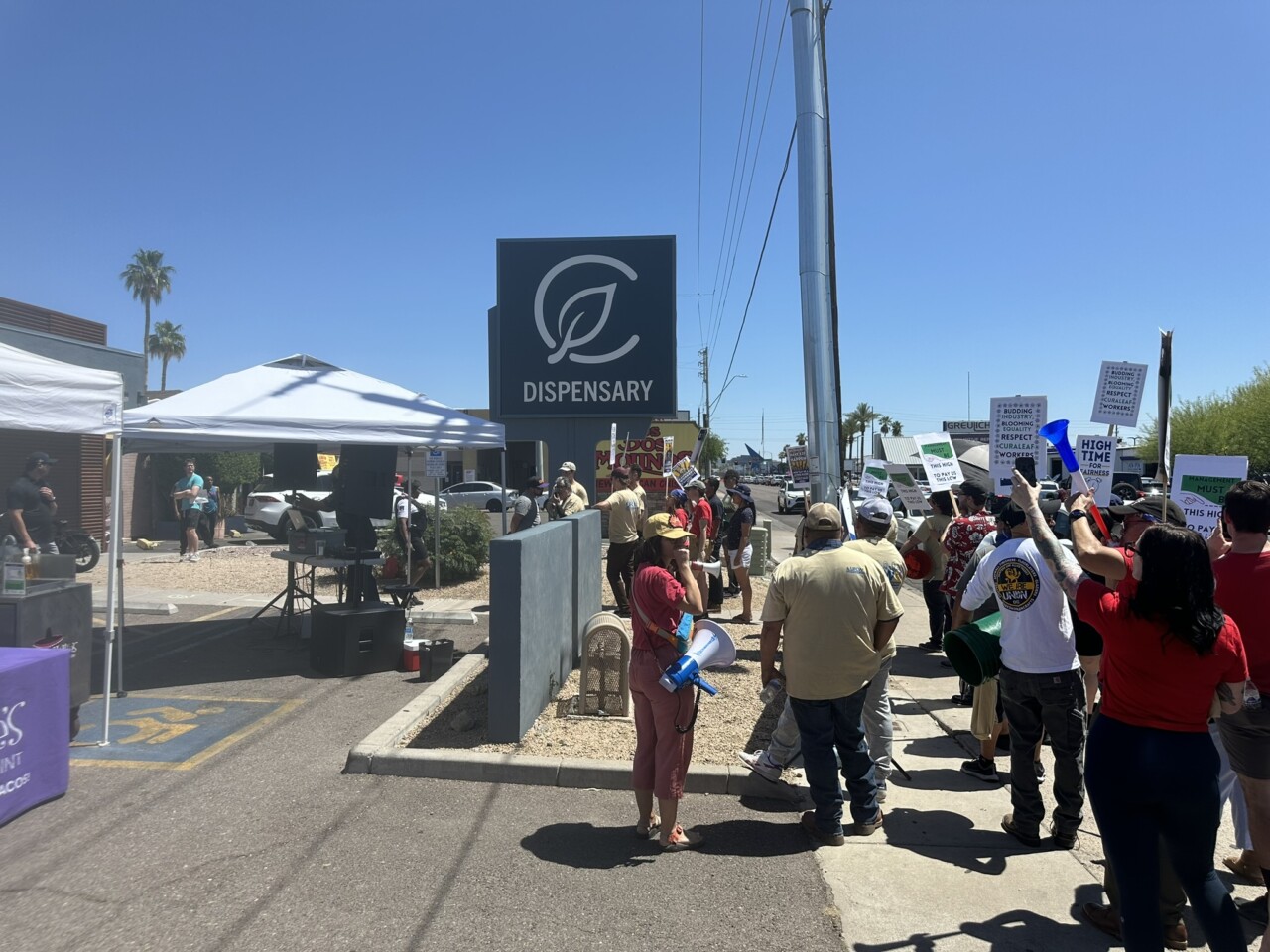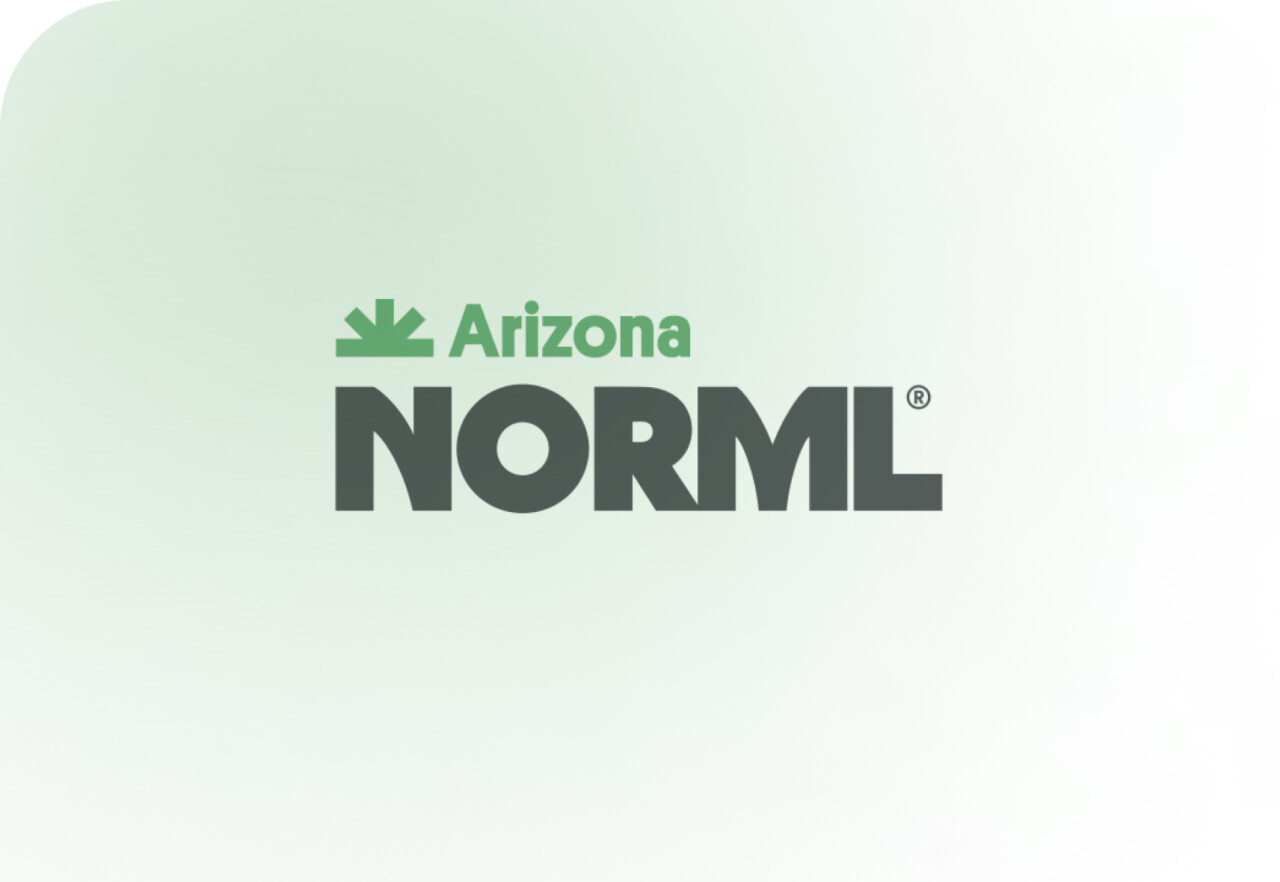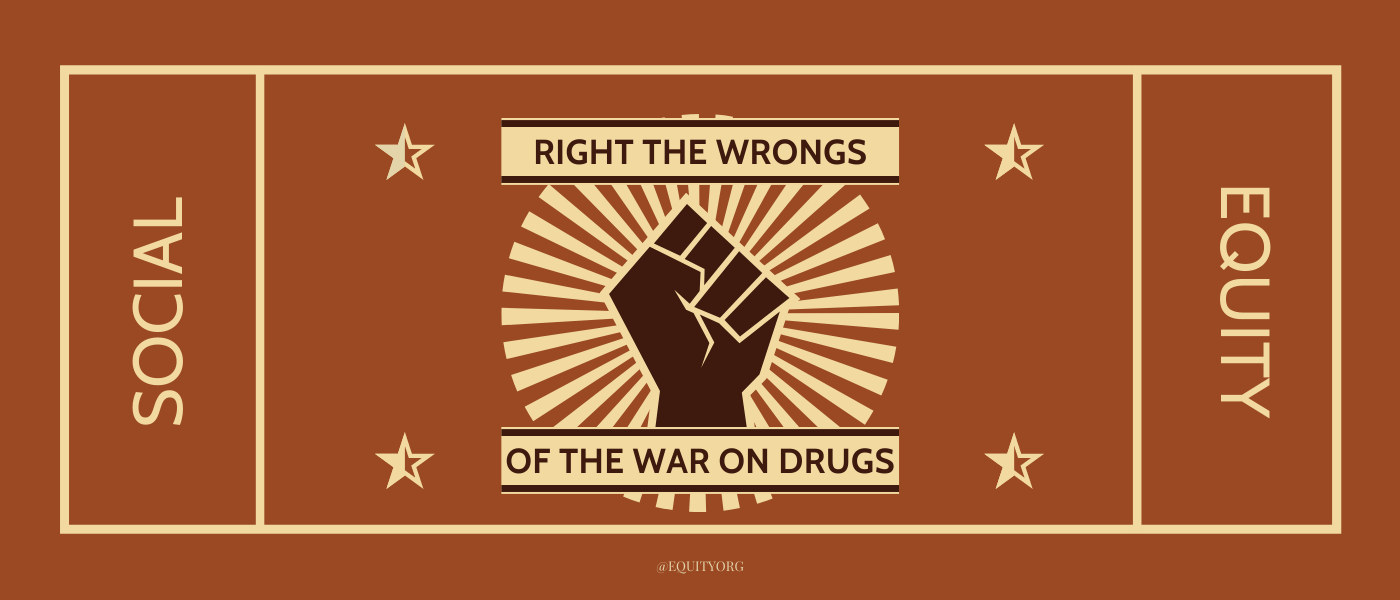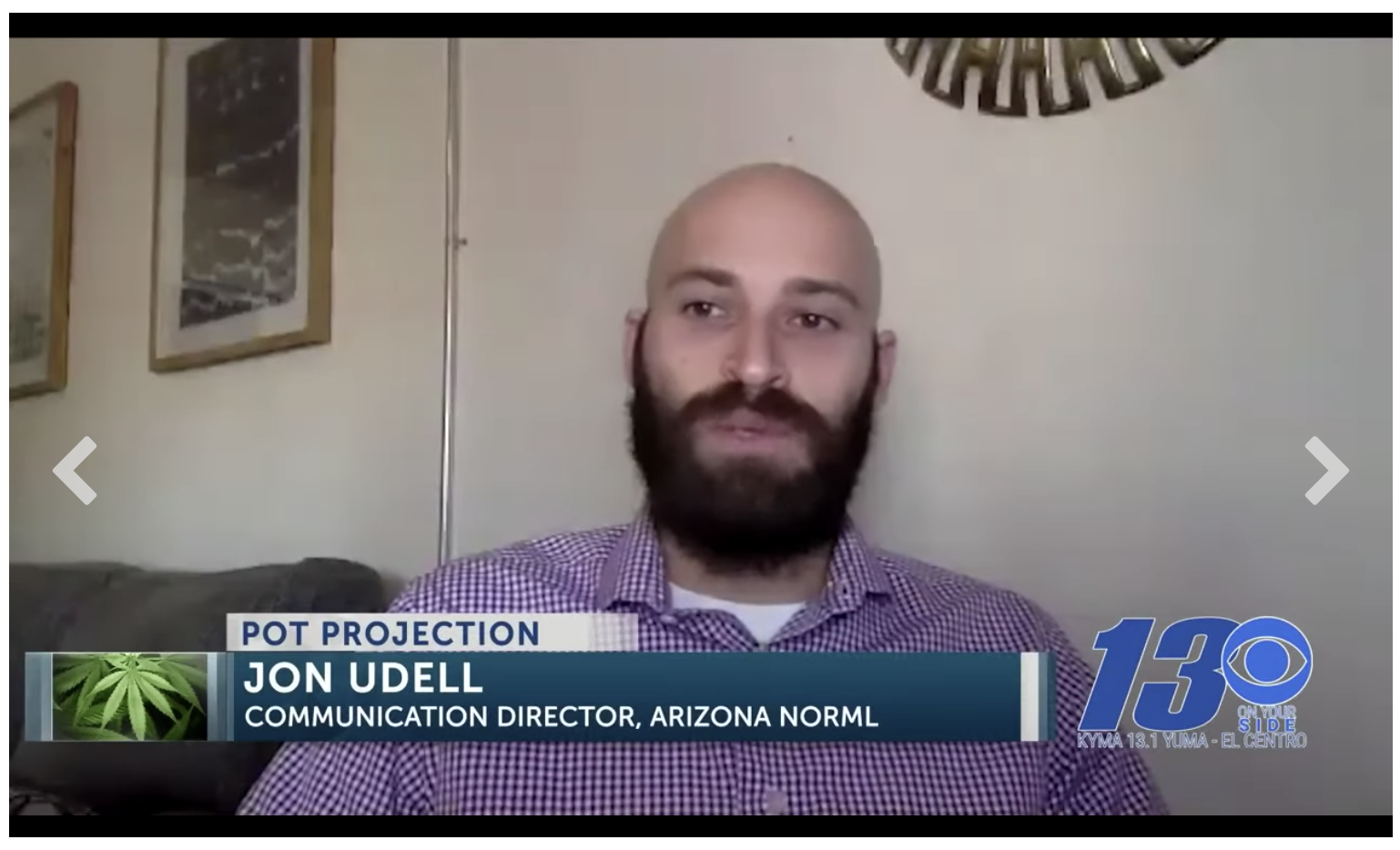Madame Mayor Thelda Williams,
My name is Mikel Weisser. I am the state director of the Arizona chapter of NORML, the National Organization forthe Reform of Marijuana Laws. AZ has had a chapter centered here in PHX since 1991.Though I actually reside in northern Mohave County, I spent more than half my time in Phoenix and adore your city.
I am writing to commend you on the Oct. 2nd city council meeting. I know that must have been tough. Thank you for your patience with a community that has spent most of its life on the margins of society and is only now beginning to find its political voice. I should admit the speech I was prepared to give if my comment card came up was not in this same tone.
Which is why I personally must thank you for your strength when met w an auditorium of opposition. When you moved to open a dialogue with the Phoenix cannabis business owners, I was so gratified. After a life in social service and public education, for the past three years my work has focused on improving the climate of cannabis in our state. I have helped craft several pieces of legislation with Democrats like Rep Mark Cardenas or Rep Pam Powers-Hannley, and Republicans like Sen Sonny Borrelli and Rep Kevin Payne. Despite the amazing medical progress this century, it has been a battle for medical cannabis to earn legitimacy. This negotiation between the city and the industry is long over-due and will improve MMJ business operations and city revenues in the long run.
But, as the leader of a state organization that represents the voices of the state’s 182,000 patients, I wanted to encourage you to work with the leaders in the patient community as well. You likely represent as many as 100,000 medical marijuana patients in the Phoenix metro area. Like governments are for the citizens and need the citizen’s voice to function properly, attending to the industry only will not best serve the patients, who are the vast majority of your citizens that would be affected by this proposed tax, one I feel is, as proposed, is justified in concept, but disproportionate in this draft. I am a believer in government and revenue and hope in the long run a compromise can be made that will not threaten the lives of the cancer patients and pediatric epileptics and a list too long to endure. Medical marijuana does create medical miracles, when sick people can afford it.
But, the purpose of your hearing was to discuss cannabis and its impact on city revenue and expenditures. The vast majority of the estimated 500,000 cannabis consumers in the state are not medical patients and neither are the majority of the cannabis consumers in the Phoenix metro area. (MATFORCE, a leading cannabis opposition group headed by Yavapai County Prosecutor Sheila Polk estimated about 7.5% of Arizonans are regular cannabis consumers.) Your proposed ordinance was based on studies out of Denver, which has a significantly different cannabis culture, in which both adult use and home cultivation are allowed. Currently there is no cultivation anywhere near Phoenix and patients are a minority of the cannabis consumers impacting your city budget.
Well before the City of Portland, Maine became part of a “legal state,” their city council enacted a “lowest police priority” ordinance known as Measure Z, which greatly reduced police enforcement expenses. As the name suggests, cannabis offenses such as minor possession, while note decriminalized, are treated as “nuisance enforcement.” Police “police” other crimes first. Majority criminal drug trafficking is still prosecuted vigorously for the violence, money laundering and corruption it causes. But a typical simple cannabis arrest takes three hours to process. Besides the devastating affect a felony arrest will have on the defendant, the administrative costs are astronomical for the minimal return the city gets for civic safety and security, or deterrence for that matter.
In 2014, before I was with NORML, my office worked with Tucson City Councilman Paul Cunningham in adopting that ordinance for the City of Tucson in a plan that would have greatly reduced law enforcement costs, which in turn would reduce the amount of revenue necessary to “police cannabis.” That model ordinance, based on Portland’s, was known as “Measure AZ, a crime Reduction Ordinance.” I am attaching that language to this email.
I am also sending this letter to Councilman Cunningham, as well as our national team, political director, Justin Strekal, legal counsel, Keith Stroup, and national municipal policy expert, Kevin Mahmalji (my board and so on), in hopes, Councilman Cunningham, or I, or our national office can be of assistance to your office in helping you craft positive local regulation that can both reduce your cost of operations and improve your community relations. With those savings in place, then your office could better assess the true cost of regulating the state authorized medical program where it operates within your city. Please do not hesitate to contact my office if there is a way we can assist you in this or any cannabis matters. This is what we do.
mikel
Mikel Weisser
MEASURE AZ drafted by Tucson advocate, Shawn Earl in 2013.
Measure AZ:
Crime Reduction Ordinance
Section 1: Findings; The citizens of the City of Tucson, Arizona find as follows. It is the duty of the citizens of Tucson to free the stigma placed on the Cannabis plant. To reinstate the respectable heritage and medicinal and industrial use of the Cannabis plant.
A.) This is a common-sense ordinance to put priority in crimes with victims over non violent, victimless Cannabis, marijuana offenses.
B.) Therefore the Mayor and Council working as the will of the people shall: not put forth a budget to investigate, arrest, prosecute or jail non-violent Cannabis, marijuana offenders. This is to guide the Tucson police department to enact the will of the people. Making all non-violent Cannabis, marijuana offenses including cultivation the lowest police priority in the city of Tucson.
C.) We stand in accordance with Arizona state law prop 203 in finding; Cannabis, marijuana is medicinally beneficial. Making it wrongly scheduled under current state and federal laws. Where as: It is the goal of the citizens of Tucson to insure the safety of its’ citizens and to protect it’s citizens from violent crimes and crimes of theft.
D.) We stand in accordance with Federal Cannabis Priority guidelines. As making the distribution of marijuana to minors; revenue from the sale of marijuana from going to criminal enterprises, gangs and cartels; the diversion of marijuana from states where it is legal under state law in some form to other states; state-authorized marijuana activity from being used as a cover or pretext for the trafficking of other illegal drugs or other illegal activity; violence and the use of firearms in the cultivation and distribution of marijuana drugged driving their main priorities in dealing with Cannabis.
Where as: It is a goal to eliminate street drug dealing and sales to children.
Where as: Each year Arizona spends millions of dollars investigating, arresting, prosecuting and jailing nonviolent marijuana users, wasting valuable law enforcement resources that would be better spent on serious violent crime.
Where as: Medical and government studies have found Cannabis to be less dangerous than alcohol and tobacco. Recent studies have shown certain cannabinoids found in Cannabis can be used for cancer treatment and prevention.
Where as: The current laws against Cannabis have needlessly harmed patients who need to cultivate cannabis for medical purposes and impede the development of Cannabis for fiber, oil, and all other industrial purposes.
Where as: It is the hope and goals of the city of Tucson to be a progressive model city in showing positive reform towards Cannabis, marijuana laws and to being a force in ending prohibition of Cannabis.
Where as: Otherwise law abiding responsible adults and medical patients are being arrested and imprisoned, clogging our jails and court systems.
Where as: The saved time would free up the Tucson Police Department and allow them to focus on lowering the murder rate and protecting the citizens from violent crimes.
Where as: The saved revenues from not arresting, prosecuting and jailing marijuana offenders, could be used to help offset Tucson’s budget crisis.
Therefore: The citizens of the city of Tucson enact the following ordinance establishing Measure AZ, making all nonviolent Cannabis, marijuana offenses including cultivation the lowest police priority in the city of Tucson.
Section 2: Definitions, marijuana or Cannabis are any member of the Cannabaceae family include but not limited to Cannabis Sativa, Cannabis Indica or Hemp Meaning the whole useable plant including root and seed.
Section 3: Purpose to direct the Tucson Police Department to make investigation, citation and arrest for private adult Cannabis offenses including cultivation, the lowest police priority effective immediately upon passage of this ordinance.
Section 4: As the lowest law enforcement priority the Tucson Police Department shall;
A.) Make the investigation, citation and or arrest for private adult use of Cannabis or the cultivation of Cannabis the lowest police priority.
B.)Meaning: no adult on private property shall ever be arrested for the private adult use or cultivation of Cannabis within the city of Tucson as long as there is threat of crimes with victims.
C.) This lowest police priority does not apply to distribution to minors or motor vehicle violations. Per D.O.J guidelines.
Private Adult use definition:
(a) “Adult” means any individual who is 18 (eighteen) years of age or older.
(b) “Private Adult personal use” means the use of Cannabis on private property by adults. It does not include: motor vehicles.
Section 5: Reporting; The City Council shall; instruct the Tucson Police Department and City Attorney’s Office to report on November, 1st of each year regarding Cannabis law enforcement and prosecution activities engaged in or by the Tucson Police Department, county, state federal or any other law enforcement agencies within Tucson’s city limits.
Section 6: (Expenditure of funds for the enforcement of cannabis laws.) Neither the City Council or the Tucson Police Department shall spend or authorize any public funds to be used for the investigation, arrest or prosecution of any person or the seizure of any property involving the adult private and personal use or cultivation of Cannabis up to twenty-five flowering plants per adult. Per the recommendation of the Federal Department Of Justice.
A.) Nor shall the Tucson Police Department be involved with the Pima County Counter Narcotics Alliance in investigation, arrest or prosecution of any person involving the personal use or cultivation of Cannabis within the guidelines of the D.O.J in the city limits of Tucson.
Section 7: Medical Marijuana patients with a valid state Medical Marijuana ID card are currently allowed to consume needed medical Cannabis in public, This Section makes it so Medical Marijuana patients with a valid state Medical Marijuana ID card can smoke needed medicine in designated areas. Smoking Cannabis shall only be allowed in areas designated for smoking cigarettes or out of the public eye and, not within 900 feet of a school or in the presence of minors. Vaporizing shall not be restricted. This section only applies to Qualifying Medical Marijuana Patients with a valid state Medical Marijuana ID card.
Section 8: Severability. The Citizens of Tucson intend that in case a court of competent jurisdiction should find one or more of the above sections illegal the remaining sections shall remain in full force.
Author: Shawn Earl 2013
State Director, Arizona NORML
928-234-5633
4490 Sundown Dr
So-Hi, AZ 86413







Leave A Comment
You must be logged in to post a comment.